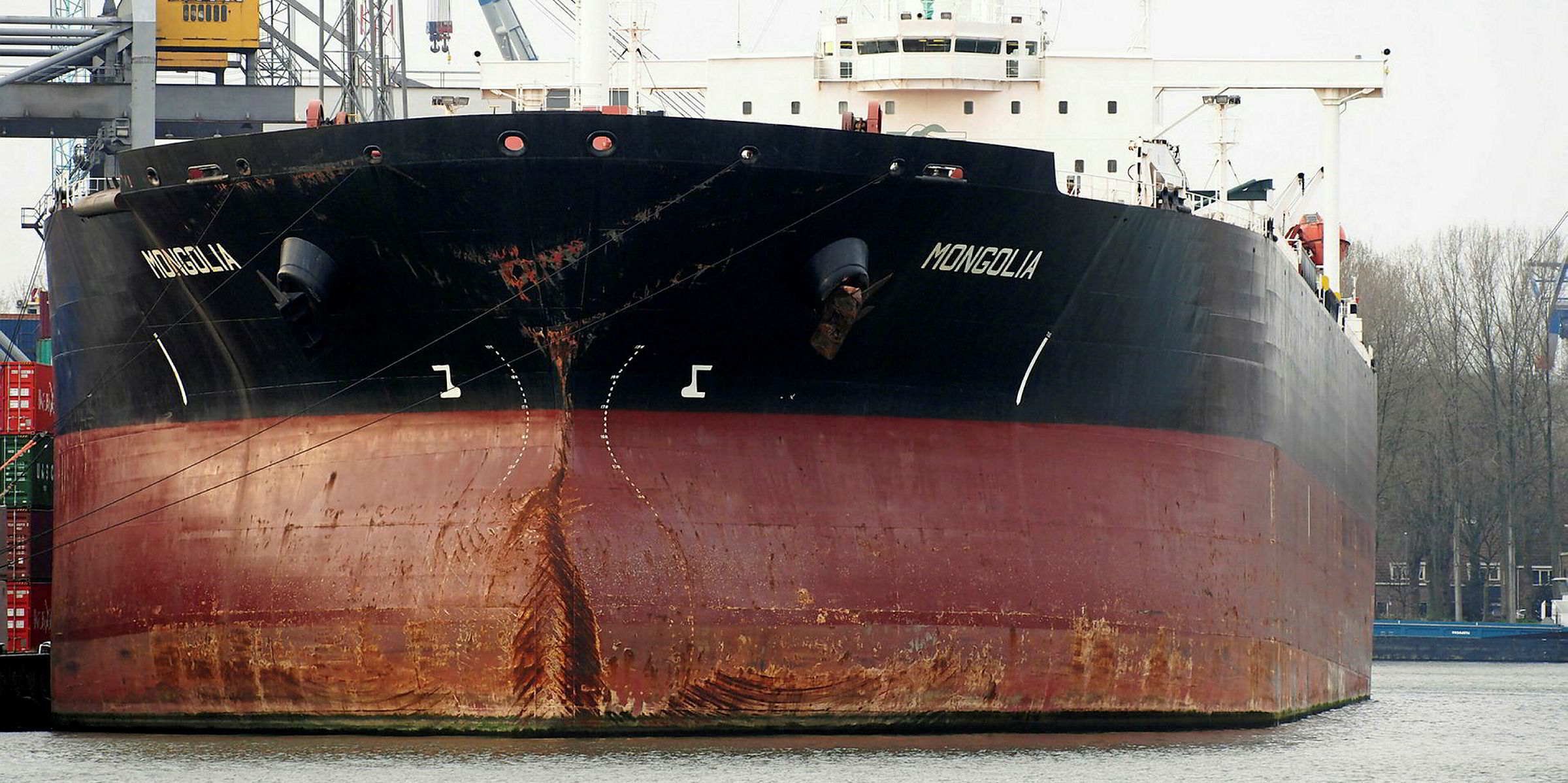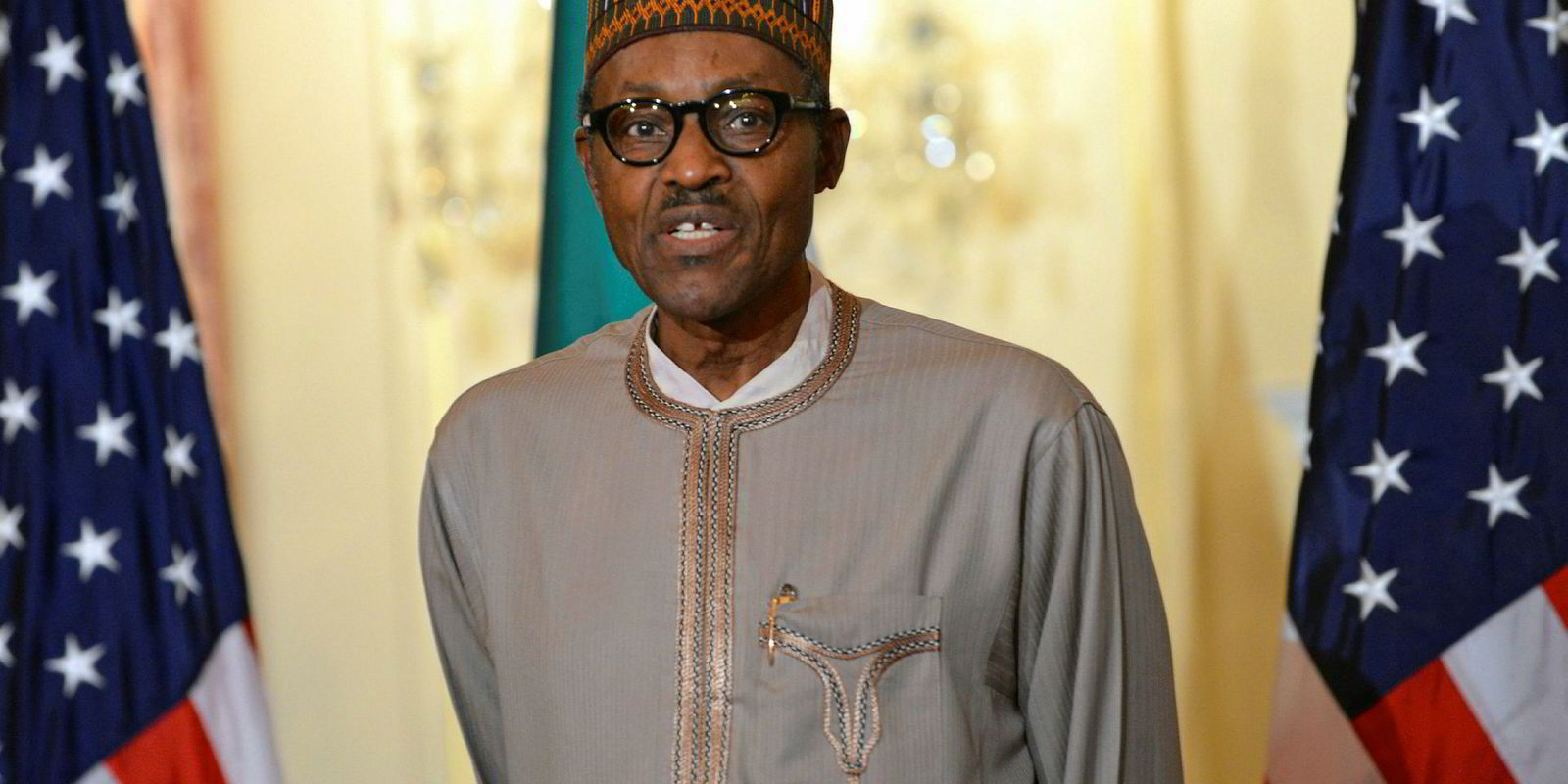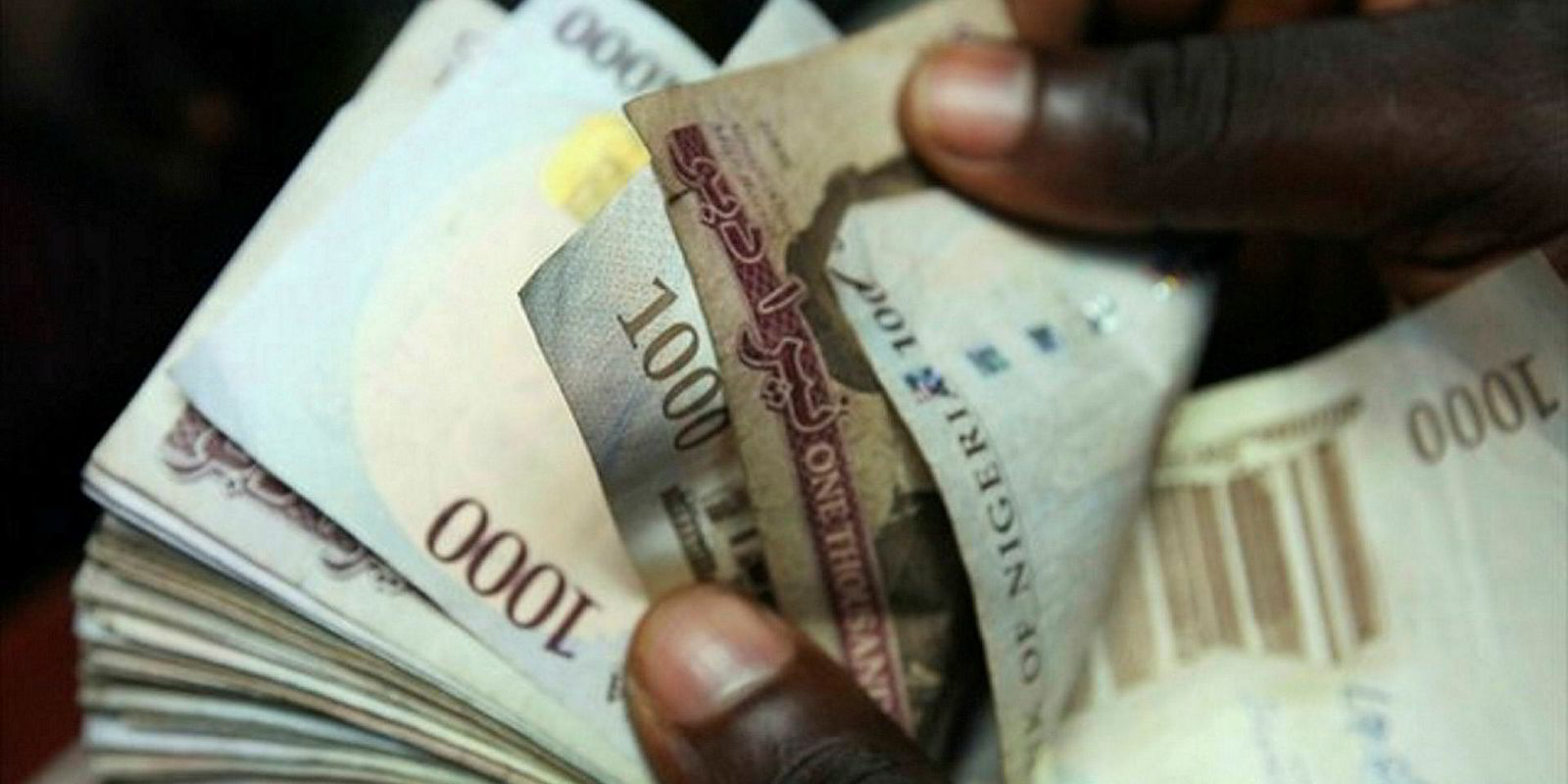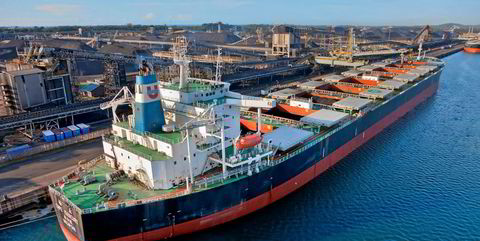NIDAS Shipping Services, a shipping subsidiary of Nigerian National Petroleum Corp (NNPC), has won a six-month freight contract to transport clean petroleum products for BP.
According to an emailed statement, this is the first contract NIDAS has won via exercising the right of first refusal to shipping oil in a NNPC’s crude-for-product swap deal.
The contract is running from January to June, in parallel with the NNPC-BP swap deal. Such swaps are also known as direct-sale-direct purchase (DSDP) agreements in Nigeria, which often sells crude in exchange of petroleum products.
Emails seeking further comments from NIDAS and BP have not been responded at the time of writing.
Last November, NNPC announced it sealed a six-month DSDP with BP for 20% of its gasoline supply, hoping to avoid a fuel shortage as Nigeria’s general elections will take place in February-March.
Having reactivated NIDAS’ charter desk in London in October after a seven-year hiatus, state-owned NNPC also granted the subsidiary the right of first refusal to ship cargoes involved in its DSDP deals and crude sold in its annual contracts.
“BP, in its drive to penetrate into the Nigerian market, was the first company amongst the DSDP partners to fulfil this obligation to NNPC/NIDAS,” the NIDAS statement said.
“With this landmark, NNPC expects to see the other DSDP partners follow the example of BP as stipulated in the DSDP arrangement.”
NIDAS has a stated goal of owning and operating vessels for shipping requirements of Nigeria, which is often Africa’s largest crude exporter and clean fuel importer.
However, it’s not immediately known what NIDAS’ current fleet size is. Its charter desk has fixed one spot LR1 and three MR product tankers for northwest Europe-West Africa trade since the reactivation, Clarksons data shows, but no timecharter fixtures or vessel purchase deals related to NIDAS are reported.
When previously entering the shipping market in 2010, Nidas also stated its plan was to control a significant owned and chartered tanker fleet. However, the ambition fizzled out after the company failed to renew a contract of affreightment with BP earlier this decade.






